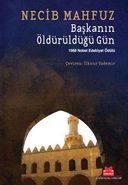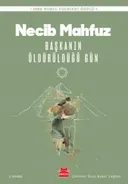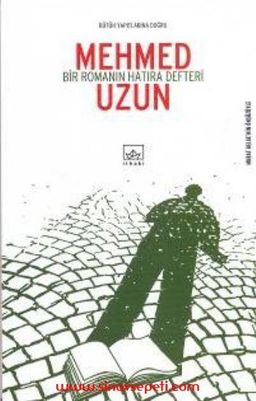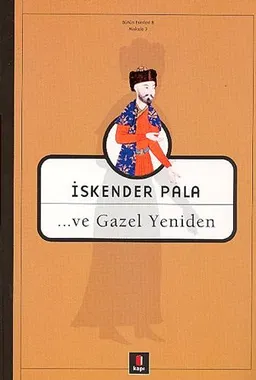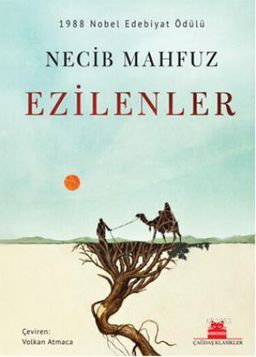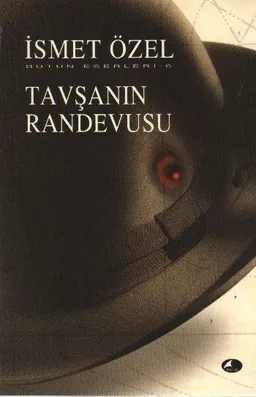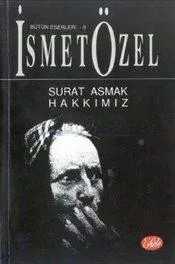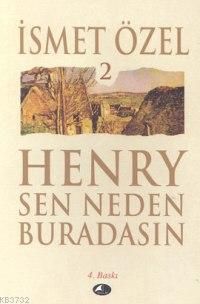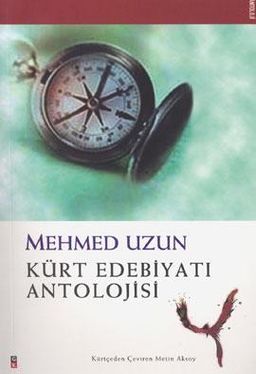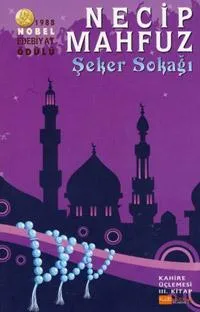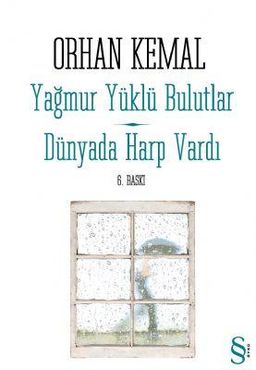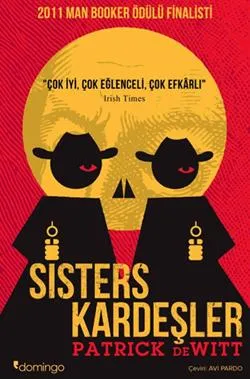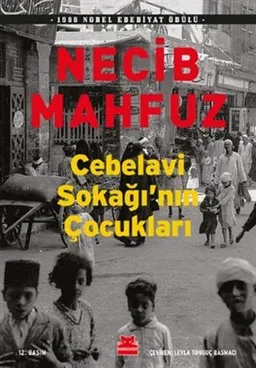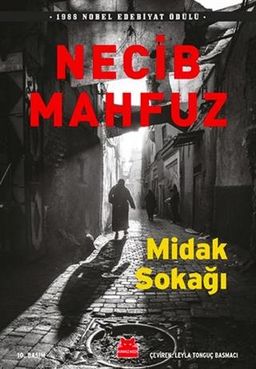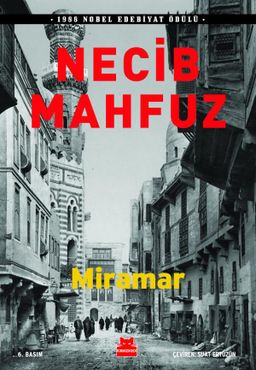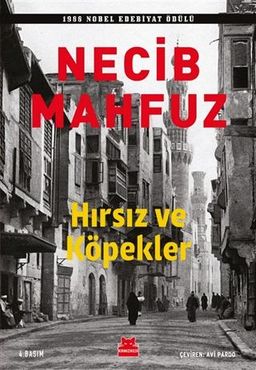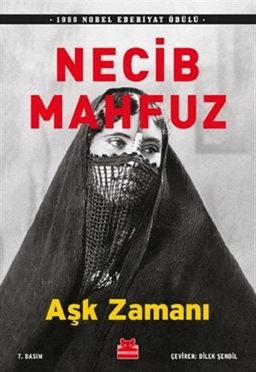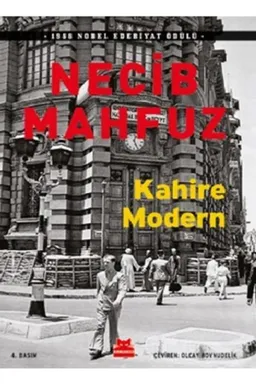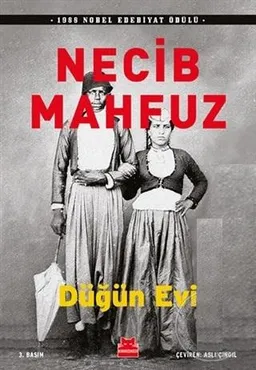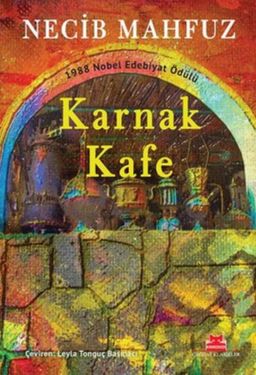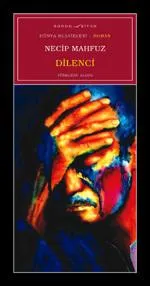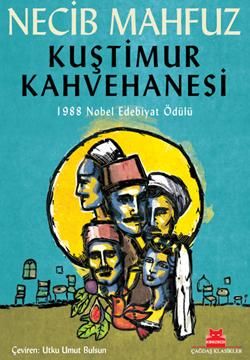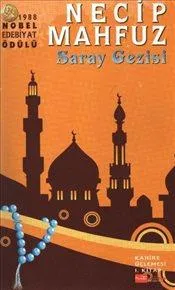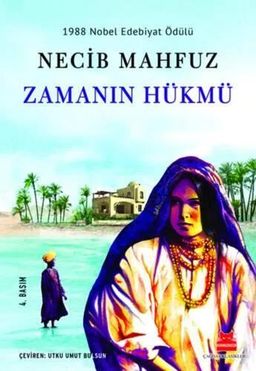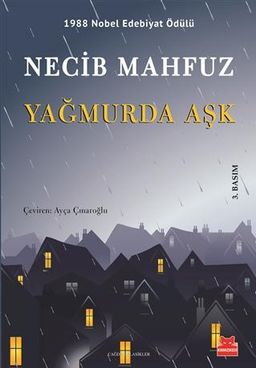Başkanın Öldürüldüğü Gün
Necib MahfuzAbout Başkanın Öldürüldüğü Gün
Başkanın Öldürüldüğü Gün subject, statistics, prices and more here.About
1970 yılında Mısır Devlet Başkanı Nasır’ın ölümünden sonra başa geçen Enver Sedat, 1973 yılındaki Arap-İsrail Savaşı’nda Sina’yı geri alarak gösterdiği başarının ardından İnfitah denilen açık kapı politikasını uygulamaya koymuştu. Devlet kurumları özelleştirilmiş, Mısır piyasası Batı’ya kapılarını açmıştı. 1981’de, zaferinin yıldönümü kutlamalarının yapıldığı gün, askeri birliklerin geçit töreni sırasında Sedat, köktendinci olduğu sonradan anlaşılan üniformalı biri tarafından vurulur. Mahfuz’un bu suikasttan birkaç yıl sonra yazdığı bu kısa roman, sadece Başkanın son gününü işlemekle kalmıyor, Elvan ile Randa’nın, Mısır’ın orta sınıfından iki genç nişanlının zor zamanlarda yaşanan aşkını da anlatıyor. Mahfuz’un, bir aşk hikâyesinin fonunda ülkesinin geçirdiği dramatik bir dönemi başarıyla işlediği romanda, Başkanın öldürülmesi, o gün işlenen tek cinayet olarak kalmayacak, iki gencin hayatları bir başka ölümle birlikte beklenmedik bir yöne sapacaktır.
Author: Necib Mahfuz
Translator: İlknur Özdemir
Türler:
Estimated Reading Time: 2 hrs. 57 min.Page Number: 104Publication Date: January 2018First Publication Date: 1983Publisher: Kırmızı KediOriginal Title: Yawm qutila al-zaim (يوم قُتِل الزعيم)ISBN: 9789944756464Country: TürkiyeLanguage: TürkçeFormat: Karton kapak
Book Statistics
Reader Profile of the Book
Kadın% 53.5
Erkek% 46.5
0-12 Yaş
13-17 Yaş
18-24 Yaş
25-34 Yaş
35-44 Yaş
45-54 Yaş
55-64 Yaş
65+ Yaş
About the Author
Necib MahfuzYazar · 48 books
This text has been automatically translated from Arabic. Show Original
Naguib Mahfouz, (Arabic: نجيب محفوظ) is an Egyptian writer (11 December 1911 - 30 August 2006), winner of the 1988 Nobel Prize in Literature. He is the first Muslim and only Arab writer to win the Nobel Prize. "The Balzac of the Middle East" It is known as. Hayat Mahfuz was born in the Gamaliye district of Cairo as the youngest child of a family with 6 children. Mahfuz, the son of a merchant, took his name from Professor Necib Pasha Mahfuz, who gave birth to him. During his 70-year career, he published 34 novels and more than 350 short stories. In most of his books, he describes his life in the historical neighborhoods of Cairo, where he spent his entire life and did not even leave to receive the Nobel Prize; He talked about ordinary people trying to establish a balance between modern and traditional life; Many of his books have been the subject of Arab movies.
His interest in literature began when he read the articles and poems of Mustafa Lutfi el-Manfuluti in the 1920s. Abbas Mahmud el-Akkad, Taha Hüseyin, İbrahim el-Mazini, M. Hüseyin Heykel are among the writers who were most influenced by him in his early period.
He started his writing career with the articles and stories he published in the magazine el-Mecelle el-Cedide, published by Selame Musa in 1928. Mahfuz, who studied philosophy at Cairo University, published his first novel, Abes el-Akdar, in 1939. He became a well-known name in Arabic literature with the Cairo Trilogy he wrote in 1957. In this trilogy, he told about the experiences of three generations of a family living in Cairo in the period between World War I and the Nasser coup in 1952, and the change of Egyptian society.
Mahfuz, who worked in various institutions, most recently served as undersecretary at the Ministry of Culture. After retiring from this position in 1971, he worked as a writer in al-Ahram newspaper.
His books were banned in many Arab countries due to his open support for Egyptian President Anwar Sadat in his peace treaty with Israel. These bans were lifted after he received the Nobel Prize in Literature in 1988.
Mahfuz, for whom a death fatwa was issued by Egyptian fundamentalist Omar Abdulrahman in 1989, was attacked with a knife in front of his house in Cairo in 1994. Mahfuz, who survived the attack injured, started to have great difficulty in writing because the nerves in his right arm were damaged, but despite his advanced age, he did not give up on literature and continued to write short stories.
In July 2006, he fell and injured his head. He passed away in Cairo on August 30, 2006, at the age of 95. Mahfouz suffered from ulcers, kidney and heart problems. He was sent off with a state ceremony in Cairo on 31 August 2006.
